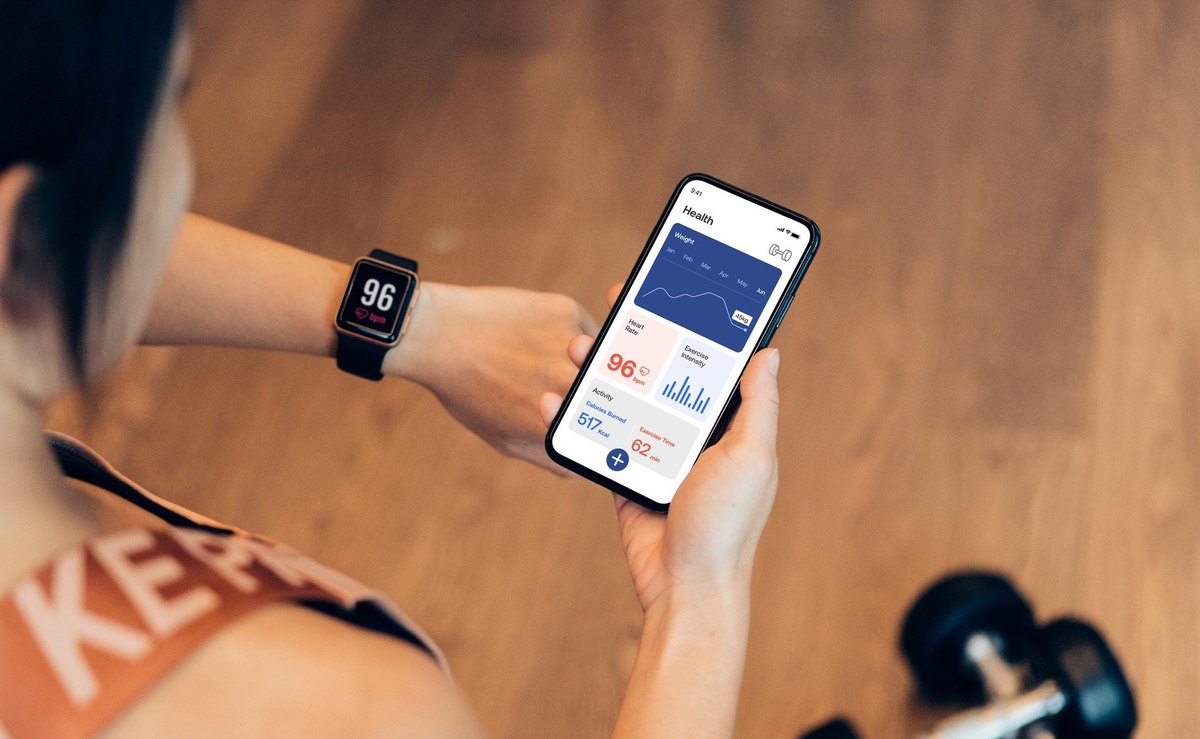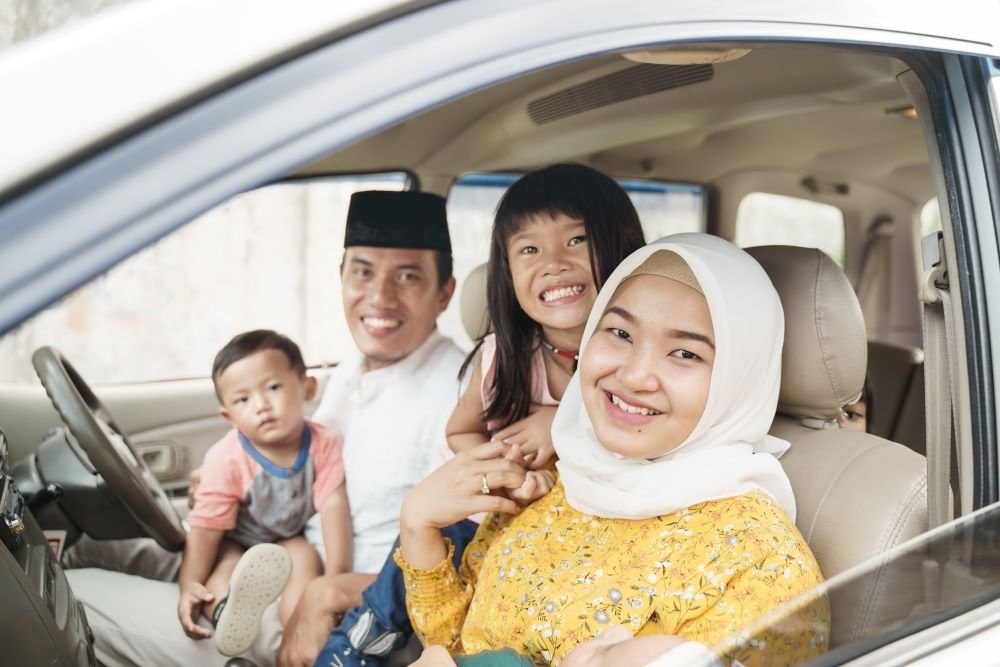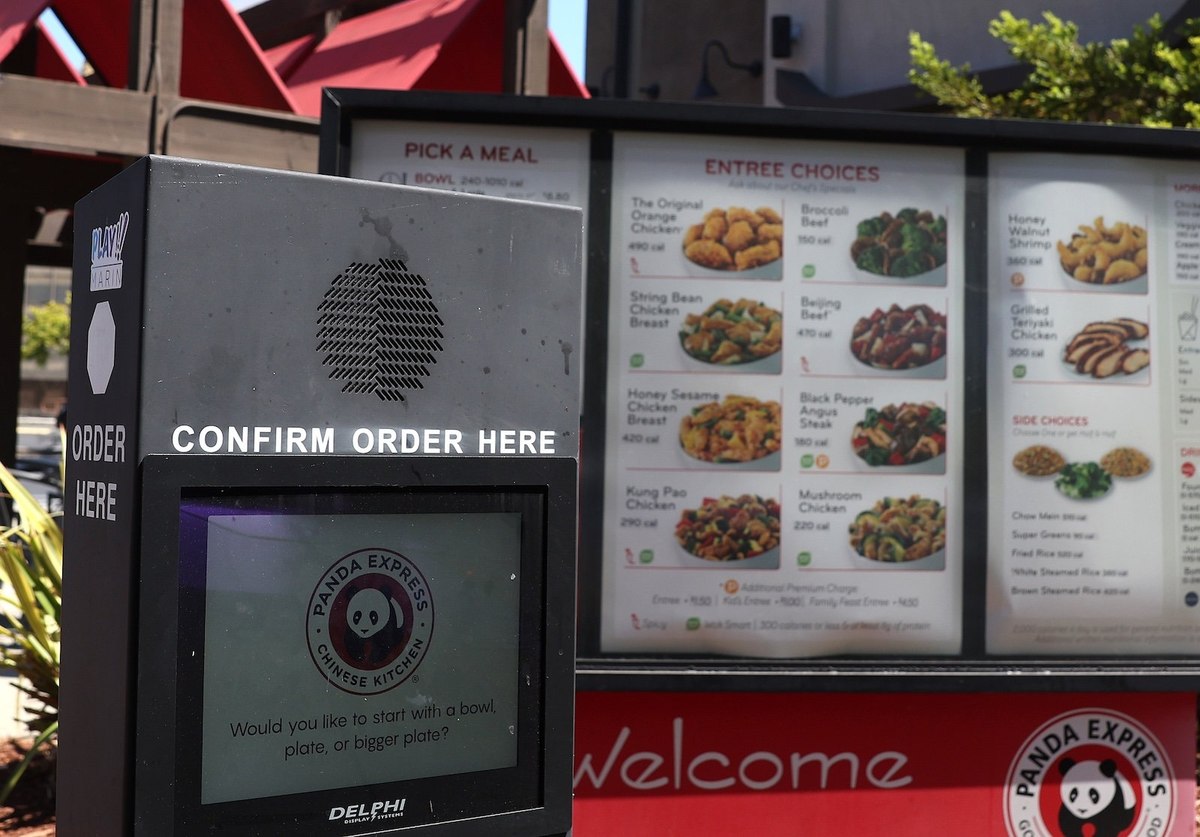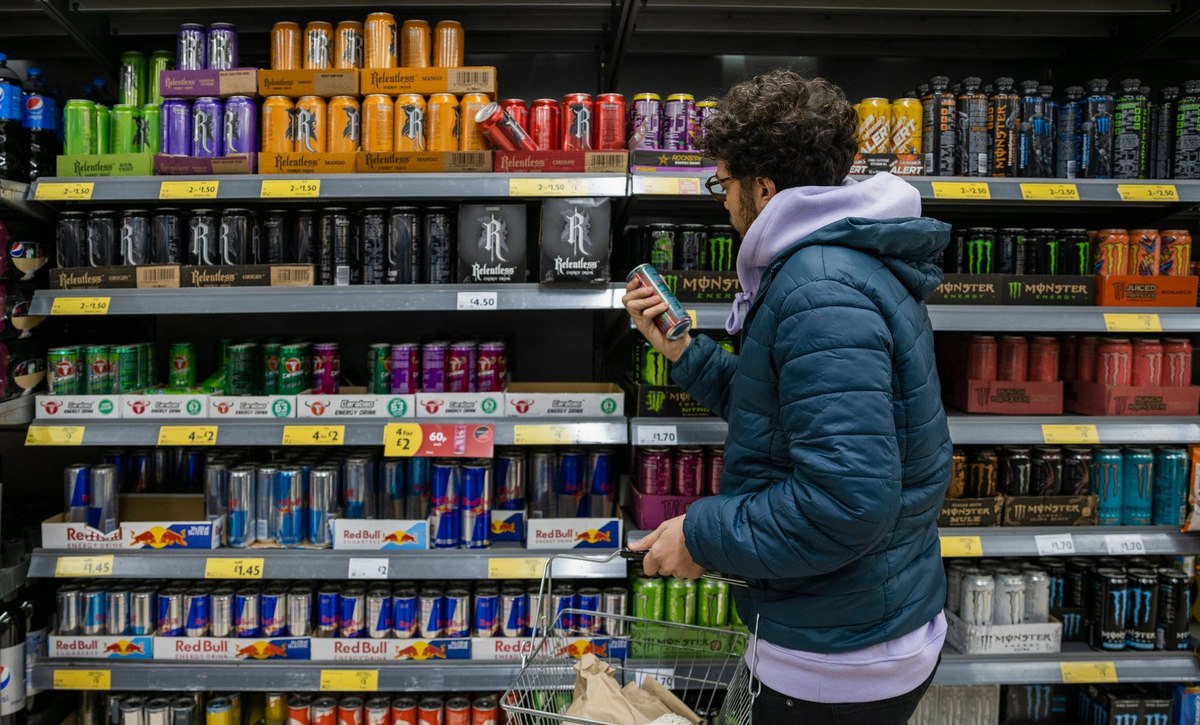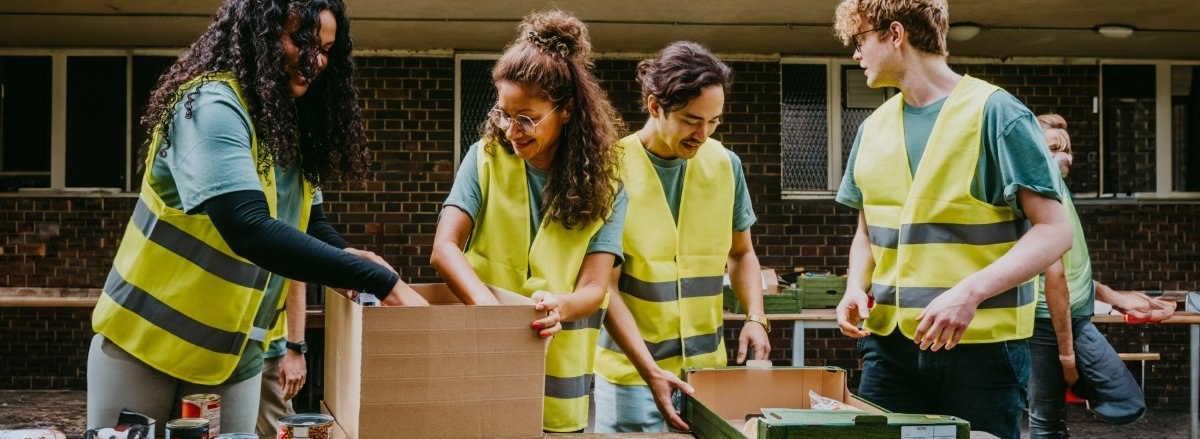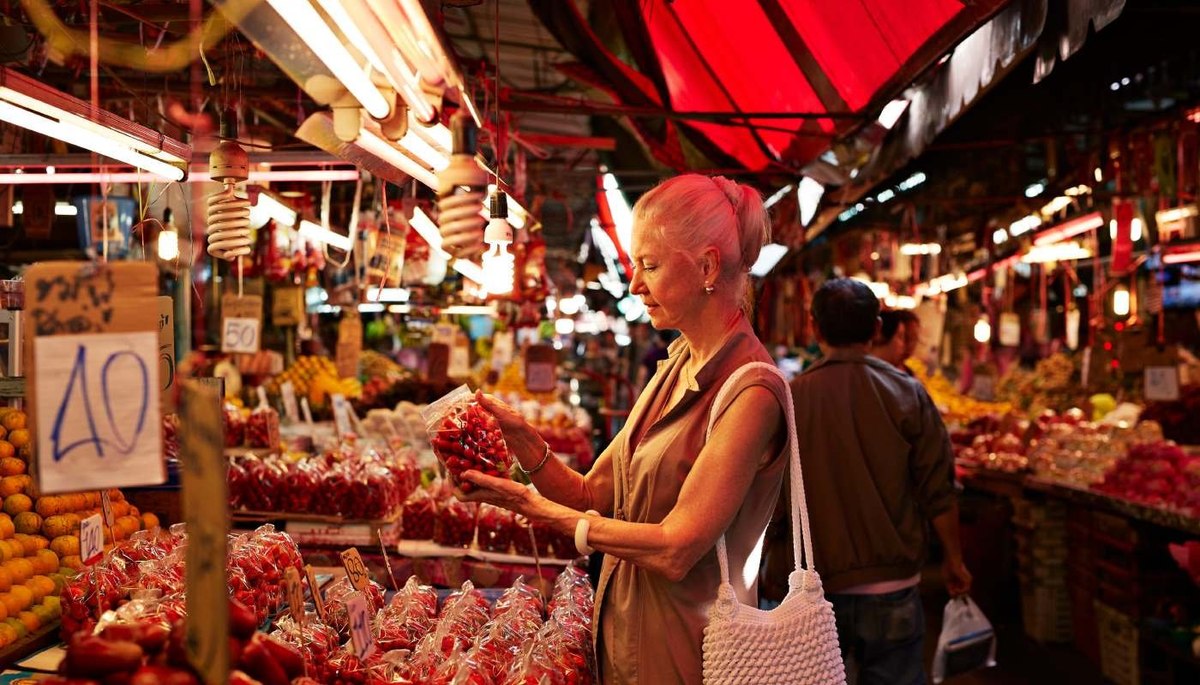
Ramadan 2025 – How Indonesians plan to spend and give this festive season
YouGov’s latest Ramadan 2025 survey uncovers how Indonesians are planning, spending, and celebrating the season. From (Tunjangan Hari Raya) THR-driven shopping habits to the traditions of Mudik, we explore the key consumer behaviors shaping this festive period.
THR: Expectations and spending plans
YouGov Surveys data reveals that while 55% of Indonesians are confident they will receive their THR bonus, uncertainty remains for a significant 29%, with women (31%) being a little more doubtful than men (28%).
Meanwhile, 15% of the general Indonesian population are certain they won’t receive THR, showing minimal variation across genders. This mix of expectations could influence how people plan their Ramadan spending and celebrations.
In the instance of receiving THR monies, nearly six in 10 Indonesians (58%) say they’ll park the amount aside to save. Shopping follows at 55%. Over half of the respondents say they’ll direct THR bonus towards Zakat or donation (51%), and 45% say they’ll spread the joy by handing over the bonus to, say, parents, relatives etc.
Over a quarter of those polled are looking to tackle financial concerns – 27% say their THR bonus will be used to pay off debts. A similar proportion plan to use the money to shore up their investment kitty (26%) and 28% would use the money to go on a vacation instead. Just under a quarter (22%) say they will use the bonus to fund Mudik travel back to their hometown.
Now let’s look at those planning to shop. Clothing (79%) and food & drink (71%) are the top choices, highlighting the cultural importance of new outfits for Eid celebrations and special meals during the season. Eid cookies and hampers (52%) also rank high, reinforcing the tradition of gifting and sharing festive treats.
Beyond essentials, many plan to allocate their bonus toward self-care & cosmetics (43%) and shoes (38%), suggesting a strong focus on personal well-being and appearance during the celebrations. Meanwhile, financial products or investments (26%), gadgets (26%) and electronic/household items (24%) indicate a mix of practical and aspirational purchases, with some opting for tech upgrades.
Other categories, such as bags (20%), hobbies/toys (13%), automotive (12%), and sports (9%), attract smaller but notable interest, reflecting varied consumer preferences. While the majority plan to spend on traditional categories, a portion is also looking at long-term benefits and discretionary purchases.
Giving back: How Indonesians plan to fulfill Zakat obligations in 2025
While many Indonesians plan to spend their THR bonus on shopping, others prefer to use it for Zakat and charitable giving, reflecting a strong sense of altruism during Ramadan.
The data shows that mosques (59%) are the most popular donation channel, while many also prefer direct contributions, with 50% opting to donate staple goods and 47% choosing to give money directly to recipients.
Other approaches include entrusting family members (38%) to distribute donations, while charity foundations remain significant, with 34% donating offline and 32% contributing online. These trends indicate the mix of traditional, personal, and institutional giving methods shaping Zakat practices in 2025.
However, how much are people looking to donate?
Nearly half (47%) of those polled say they plan to donate more than they usually have. An equal proportion say they will donate as much as they usually do (47%) but 6% say they will donate less than they typically do.
Methodology:
YouGov Surveys: Serviced provides quick survey results from nationally representative or targeted audiences in multiple markets. This study was conducted online in December 2024, with a sample of 2,012 adults in Indonesia (aged 18+ years), using a questionnaire designed by YouGov. Data figures have been weighted by gender, age, socioeconomic class, city tier to be representative of the adult Indonesian online population (18 years or older) and reflect the latest Indonesian Bureau of Statistics (BPS) population estimates. Learn more about YouGov Surveys: Serviced.
Photo by ferdiyantoro bagus saputro on Unsplash





